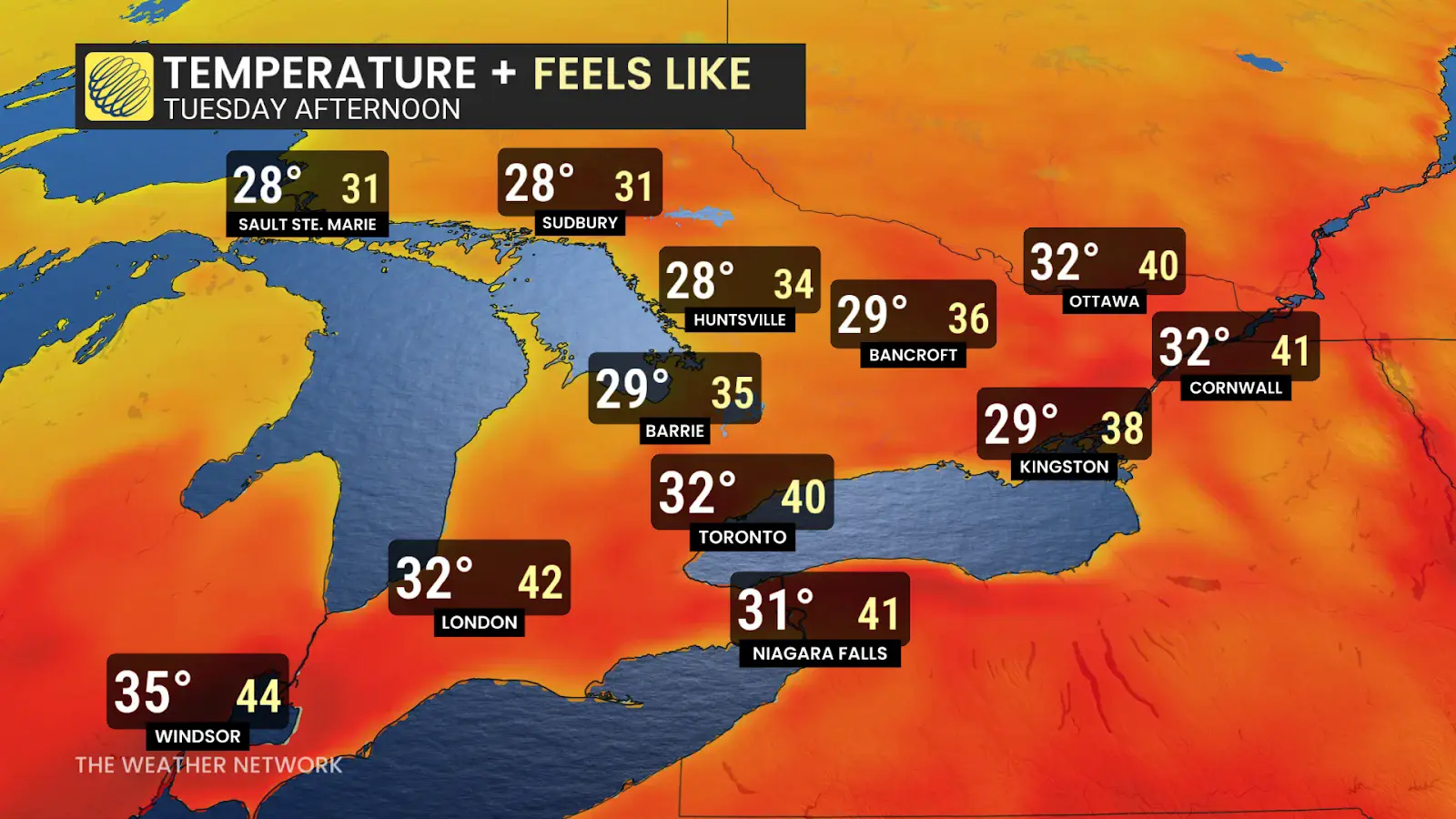
Summer in Kitchener-Waterloo can be brutal when the humidity rises and the sun beats down day after day. If you’re relying on your air conditioning system to keep you cool, it’s crucial that it’s operating at peak performance. But comfort isn’t the only concern efficiency matters too. Nobody wants to be surprised by sky-high energy bills in July and August.
At Advance Heating & Cooling, we understand what it takes to beat the heat while keeping your system running smoothly. Whether you have central air, a ductless mini split, or a high-efficiency heat pump, there are simple ways to maximize your comfort and minimize your costs.
If you haven’t already scheduled your annual AC tune-up, now is the time. A professional inspection and cleaning will help identify potential issues early, improve airflow, and keep your system running more efficiently. Dirty coils, clogged filters, and refrigerant issues are common problems that can be caught early before they leave you sweating through a breakdown.
Our team at Advance Heating & Cooling offers thorough air conditioning tune-ups that include checking refrigerant levels, testing electrical connections, inspecting your blower motor, and cleaning both indoor and outdoor coils. We also look for worn parts and signs of wear that could lead to bigger repairs if ignored.
If your current air conditioner is more than 12 years old, struggles to keep up on the hottest days, or your energy bills have crept up year after year, it may be time to consider an upgrade. Modern high-efficiency systems, especially heat pumps with inverter technology, can cool your home more evenly and use less electricity doing it.
At Advance, we carry the latest models from Daikin offering superior performance, ultra-quiet operation, and industry-leading warranties. Plus, thanks to government rebate programs, switching to a cold-climate heat pump can be more affordable than ever.
While your HVAC system is doing the heavy lifting, you can support it with a few simple steps:
Summer humidity isn’t just uncomfortable it can make your home feel stuffy and contribute to mold or mildew growth. Installing a whole-home dehumidifier or ensuring your existing unit is draining properly can make a big difference. We also recommend changing your air filters monthly during the summer to keep dust, pollen, and pet dander from clogging your system.
If allergies or air quality are concerns in your home, we offer several indoor air quality solutions, including high-efficiency filters, UV lights, and humidity control systems.
Summer is our busiest time of year, so don’t wait until your AC breaks down on the hottest day of the summer to call us. Preventive service today can save you money and sweat tomorrow.
Call Advance Heating & Cooling today at 519-500-9941 or visit our office at 44 Otonabee Dr, Kitchener, to schedule a tune-up, request a quote, or explore energy-efficient cooling options.

5 Reasons to Upgrade to a High-Efficiency Furnace or Heat Pump This Winter
As temperatures drop and energy bills rise, it's the perfect time to consider upgrading to a high-efficiency furnace or heat pump. At Advance Heating and Cooling, we proudly serve Kitchener, Waterloo, Cambridge, and Guelph, ensuring your home stay warm and your energy costs are low. Here are five compelling reasons to make the switch this winter:
High-efficiency furnaces and heat pumps are designed to use less energy while delivering superior performance. With modern technology, these systems can achieve efficiency ratings of up to 98%, meaning almost every dollar you spend on energy goes directly to heating your home. Over time, the savings on your energy bills can offset the initial investment.
Improved Comfort and Temperature Control
Modern high-efficiency systems provide consistent and even heating throughout your home. With features like variable-speed motors and thermostat controls, you'll experience fewer temperature fluctuations and drafts, creating a more comfortable living environment.
High-efficiency furnaces and heat pumps produce fewer greenhouse gas emissions, making them a more sustainable choice for environmentally-conscious homeowners in Kitchener, Waterloo, Cambridge, and Guelph. By upgrading, you'll reduce your carbon footprint while contributing to a cleaner planet.
Many high-efficiency systems have advanced filtration systems that help reduce dust, allergens, and other airborne particles. This is especially important during winter months when homes are sealed tightly, and indoor air quality can suffer.
Investing in a high-efficiency heating system is not only about short-term benefits. It also adds value to your property. Prospective buyers often see high-efficiency systems as a valuable asset, giving you an edge in the real estate market.
Upgrading to a high-efficiency furnace or heat pump is an investment in comfort, savings, and sustainability. At Advance Heating and Cooling, we offer expert advice, professional installation, and top-of-the-line products to meet your heating needs.
Get in touch with us today to discover how our high-efficiency systems can keep your home warm throughout the season. Schedule your installation now and enjoy reliable comfort all winter long.
